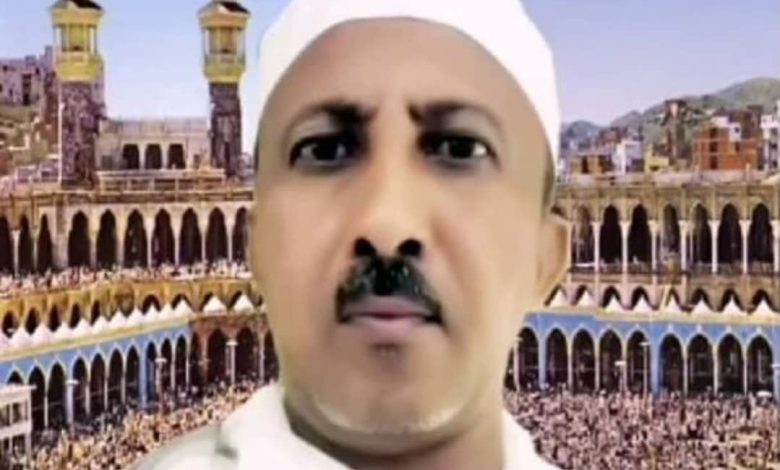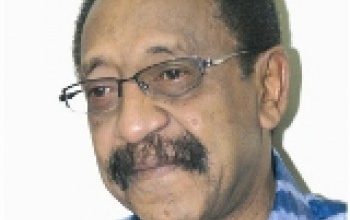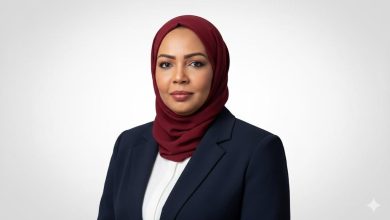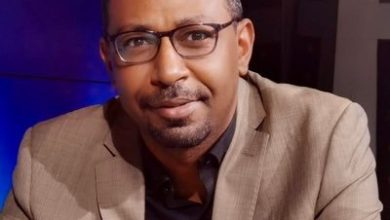Opinion
Rebuilding Sudan: “Values Before Buildings” (5)

By Abubakr Al-Sharif Al-Tijani
In the name of Allah, the Most Gracious, the Most Merciful.
We begin with Him, and we follow the example of His Prophet Muhammad, peace and blessings be upon him.
In my previous article, I discussed the role of the righteous family in the educational and upbringing process and how this integral role serves as a foundational pillar for building a healthy society. In this article, I will address the importance of structuring educational curricula in a way that is harmonious with Sudanese society, emphasizing the need to return to an educational system that considers the ethical, scientific, and developmental aspects of the student.
The Righteous Family as a Cornerstone
Islam has emphasized the importance of building a righteous family, starting with the proper selection of a life partner. The Prophet Muhammad, peace and blessings be upon him, affirmed this with the saying: “Choose for your offspring, for the lineage is important,” highlighting the significance of establishing a family based on health, ethics, and genetics.
Umar ibn al-Khattab, may Allah be pleased with him, mentioned that a father has three rights over his child: to choose a righteous mother for him, to give him a good name, and to teach him the Quran. These educational principles lay the foundation for a generation that will uplift society with its morals and knowledge.
Regarding the upbringing of children, Imam Al-Ghazali spoke about the impact of earning a lawful livelihood on the development of children. He emphasized the importance of ensuring clean and pure food and drink, noting that “contaminated milk,” resulting from unlawful earnings, carries no blessings for the child. This illustrates that the responsibility of parents goes beyond education and extends to ensuring their earnings are lawful, as this reflects on the child’s mental state and morals in the future.
Reforming the Educational System
To advance the educational process in Sudan, we must revisit the educational structure to align it more closely with the developmental stages of students. The educational stages should be divided as follows:
1. Primary Stage: From first to sixth grade.
2. Preparatory Stage: Three years (including the middle school).
3. Secondary Stage: Three years.
This system was in place in Sudan until the 1970s and proved to be effective. It is still implemented in countries like Egypt, Morocco, and Mauritania, which have stable educational systems.
Reviewing Curricula and Avoiding Overload
Curricula should be designed to progressively increase in difficulty, starting from basic and useful knowledge and advancing to specialized fields. Overloading the curriculum complicates the educational process, burdening the child and causing them to lose interest in studying. As the saying goes: “Take from knowledge what benefits you, and from people what improves you.”
In the West, for example, education has moved towards specialization, with fields being clearly defined and identified from the early stages.
Arabic as a Cognitive Vessel
The Arabic language is a cognitive vessel for Islamic civilization and the foundation for scientific and intellectual expression. The educational process should begin with reinforcing the Arabic language in students, along with memorizing the Quran and proper pronunciation. English, on the other hand, should be taught starting from the fourth grade, with a focus on gradual learning to avoid overwhelming the child.
Correcting Misconceptions About Education
A common and incorrect misconception is that success is limited to fields such as medicine and engineering, which restricts the child’s ambitions and diminishes their interests. Children should be taught to love knowledge as a value in itself, independent of specialization, as a skilled scholar reveals the beauty and nobility of knowledge, regardless of its field.
Conclusion
What I have presented is an attempt to highlight the issue of public education in Sudan, as it is the cornerstone for building a strong and healthy nation. Rebuilding the educational system requires the collective effort of both the state and society, along with a clear vision for the future of education.
I ask Allah to guide us all in the reconstruction of Sudan, and may education be the cornerstone of this building.
Allah is the helper.
Peace be upon those who follow the guidance.



